The Pacific and Virgin Islands Training Initiatives (PITI-VITI) program has released Performeter Reports based on the FY19 financial statements for the U.S. territories of American Samoa, Guam, and the Commonwealth of the Northern Mariana Islands, as well as the Freely Associated States, which includes the Federated States of Micronesia, the Republic of the Marshall Islands, and the Republic of Palau. In addition, the U.S. Virgin Islands’ (USVI) FY18 Performeter has also been released.
Originally developed in 2001 to serve state and local governments within the United States, the scope and methodology of the Performeter has been adapted to provide relevant analysis for Pacific and Virgin Islands governments. Insular government Performeters offer an independent assessment of each insular government’s financial health and success, based on audited financial statements. Since 2001, PITI-VITI has developed Performeters annually for each of the insular areas. Using financial ratios, the Performeter rates the overall financial health and performance of a government on a scale of 1-10. The resulting Performeter score is strategically utilized by finance officers and elected officials to ensure better informed governance.
Performeter results were shared with the insular government heads of finance at the IGFOA Winter Conference in March 2021. Each Performeter contains an AFTER Analysis (Audit Findings, Timeliness and Exception Resolution), which details the timeliness and accuracy of financial statements by tracking the number and type of single audit qualifications, and the timeliness of audit publication, for each government.
Highlights of the 2020 Performeter reports—and the single audits upon which the Performeters are based—include the following:
- FY2019 single audit filing deadlines were extended 6 additional months beyond their normal 9 month publication period, allowing 15 total months from the end of the fiscal year. Most of the insular governments took advantage of this extension.
- For 5 of the 10 insular governments, the fiscal year ending September 30, 2019 produced improved results. In addition, the VI’s 2018 financial statements showed a 15% improvement from their FY2017 score.
- For all governments except the FSM and its four states and the RMI, the impact of GASB 68’s pension requirements in 2015 still remains a significant factor, with many of the governments’ pension systems severely underfunded.
- For the FSM National Government, the RMI, and Palau, the Social Security programs offered by the government remain at some of their lowest funding levels in the model’s history.
- 5 governments received unmodified opinions, (formerly known as unqualified or clean opinions) on their financial statements, with 3 additional governments only having 1 qualification each.
- Only two governments, FSM National and Kosrae State, received unmodified (clean) opinions on both their Financial Statement audit and the audit of compliance with federal program monies (Single audit).
- 2 governments posted $0 of new questioned costs this year, 7 governments had less than $1 million in new questioned costs, and 2 governments had new questioned costs that exceeded $1 million this year.
The Performeter is supported by the Department of the Interior’s Office of Insular Affairs, through the Graduate School USA’s Pacific and Virgin Islands Training Initiatives (PITI-VITI) www.pitivi.org . Performeter results for each insular government are available online at https://pitiviti.org/performeters.
FY19 Performeters

PDF

Yap Performeter FY19
Posted May 21, 2021
Version 1.0
592 KB



PDF

VI Performeter FY18
Posted Mar 30, 2021
Version 1.0
802 KB



PDF

CNMI Performeter FY19
Posted May 21, 2021
Version 2
749 KB



PDF

Chuuk Performeter FY19 final
706 KB


The Pacific and Virgin Islands Training Initiatives (PITI-VITI) program has released Performeter Reports based on the FY19 financial statements for the U.S. territories of American Samoa, Guam, and the Commonwealth of the Northern Mariana Islands, as well as the Freely Associated States, which includes the Federated States of Micronesia, the Republic of the Marshall Islands, and the Republic of Palau. In addition, the U.S. Virgin Islands’ (USVI) FY18 Performeter has also been released.
Originally developed in 2001 to serve state and local governments within the United States, the scope and methodology of the Performeter has been adapted to provide relevant analysis for Pacific and Virgin Islands governments. Insular government Performeters offer an independent assessment of each insular government’s financial health and success, based on audited financial statements. Since 2001, PITI-VITI has developed Performeters annually for each of the insular areas. Using financial ratios, the Performeter rates the overall financial health and performance of a government on a scale of 1-10. The resulting Performeter score is strategically utilized by finance officers and elected officials to ensure better informed governance.
Performeter results were shared with the insular government heads of finance at the IGFOA Winter Conference in March 2021. Each Performeter contains an AFTER Analysis (Audit Findings, Timeliness and Exception Resolution), which details the timeliness and accuracy of financial statements by tracking the number and type of single audit qualifications, and the timeliness of audit publication, for each government.
Highlights of the 2020 Performeter reports—and the single audits upon which the Performeters are based—include the following:
- FY2019 single audit filing deadlines were extended 6 additional months beyond their normal 9 month publication period, allowing 15 total months from the end of the fiscal year. Most of the insular governments took advantage of this extension.
- For 5 of the 10 insular governments, the fiscal year ending September 30, 2019 produced improved results. In addition, the VI’s 2018 financial statements showed a 15% improvement from their FY2017 score.
- For all governments except the FSM and its four states and the RMI, the impact of GASB 68’s pension requirements in 2015 still remains a significant factor, with many of the governments’ pension systems severely underfunded.
- For the FSM National Government, the RMI, and Palau, the Social Security programs offered by the government remain at some of their lowest funding levels in the model’s history.
- 5 governments received unmodified opinions, (formerly known as unqualified or clean opinions) on their financial statements, with 3 additional governments only having 1 qualification each.
- Only two governments, FSM National and Kosrae State, received unmodified (clean) opinions on both their Financial Statement audit and the audit of compliance with federal program monies (Single audit).
- 2 governments posted $0 of new questioned costs this year, 7 governments had less than $1 million in new questioned costs, and 2 governments had new questioned costs that exceeded $1 million this year.
The Performeter is supported by the Department of the Interior’s Office of Insular Affairs, through the Graduate School USA’s Pacific and Virgin Islands Training Initiatives (PITI-VITI) www.pitivi.org . Performeter results for each insular government are available online at https://pitiviti.org/performeters.
FY19 Performeters

PDF

Yap Performeter FY19
Posted May 21, 2021
Version 1.0
592 KB



PDF

VI Performeter FY18
Posted Mar 30, 2021
Version 1.0
802 KB



PDF

CNMI Performeter FY19
Posted May 21, 2021
Version 2
749 KB



PDF

Chuuk Performeter FY19 final
706 KB







 1.808.523.1650
1.808.523.1650





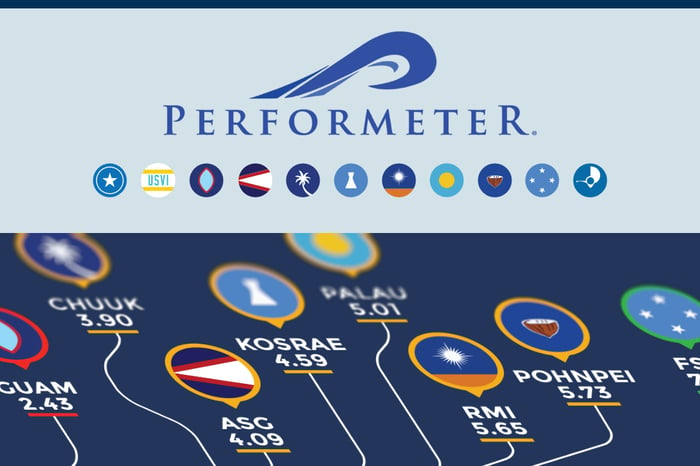
















 Oct 10, 2025
Oct 10, 2025
 Monique
Monique






 Subscribe to our Mailing List
Subscribe to our Mailing List

 PITI-VITI Newsroom
PITI-VITI Newsroom
 NEWSROOM
NEWSROOM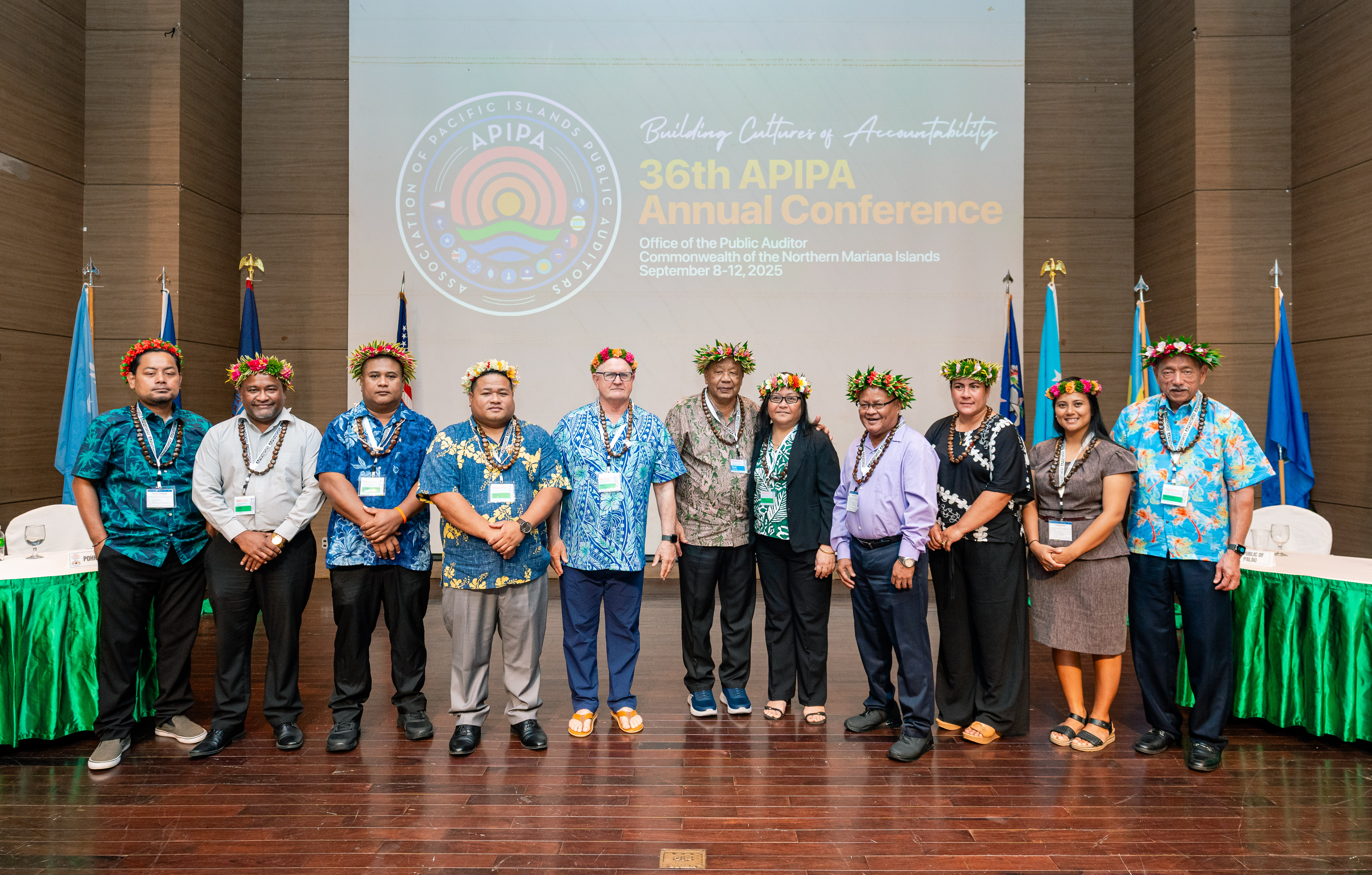
 More Info
More Info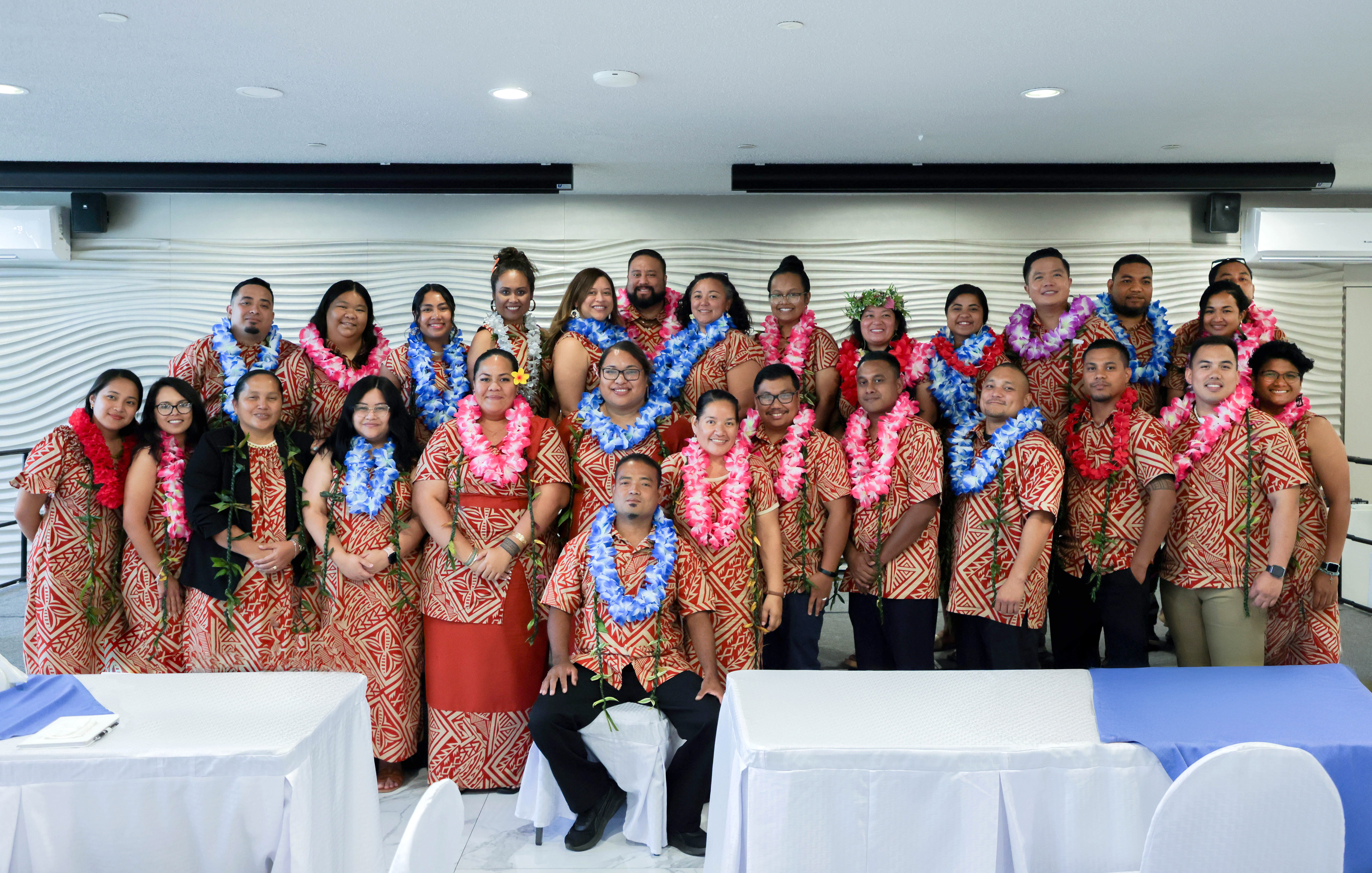
 August 2025
August 2025 Photo Gallery
Photo Gallery
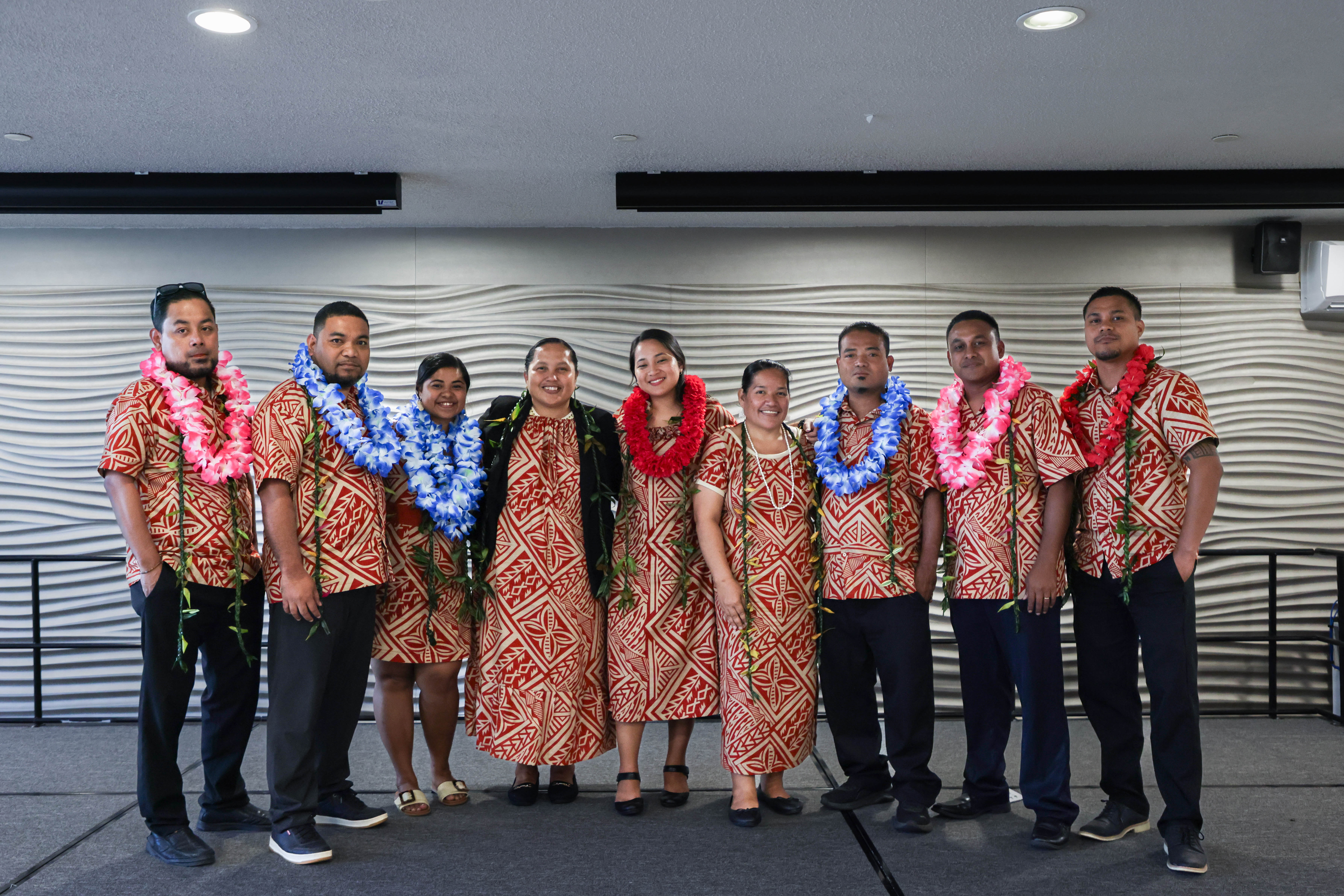

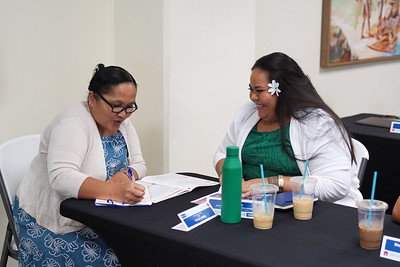
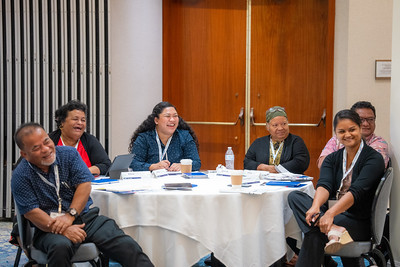
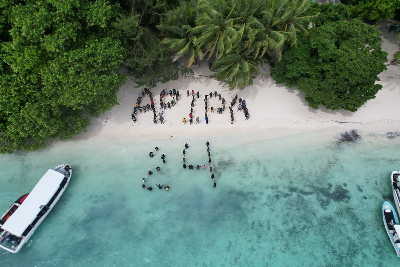
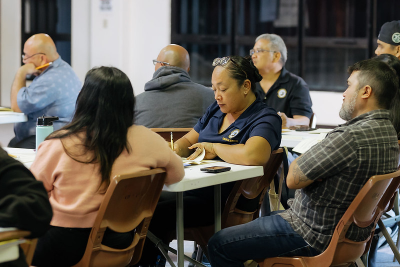
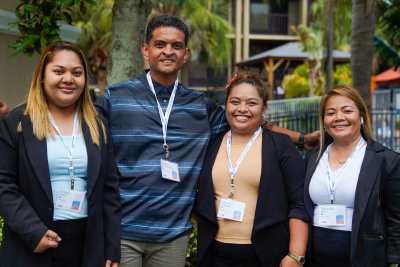



 COMPLETE GALLERY
COMPLETE GALLERY
 HOME
HOME NEWSROOM
NEWSROOM INITIATIVES
INITIATIVES CONFERENCES
CONFERENCES TRAINING
TRAINING ABOUT PITI-VITI
ABOUT PITI-VITI CONTACT
CONTACT ACCESSIBILITY
ACCESSIBILITY 1.808.523.1650
1.808.523.1650

 900 Fort Street Mall, Suite 1540 Honolulu, Hawaii 96813
900 Fort Street Mall, Suite 1540 Honolulu, Hawaii 96813


